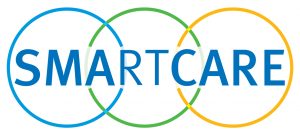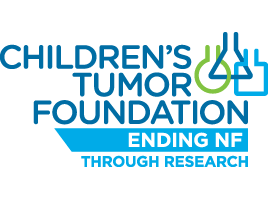OpenApp: Our growth into a Big Data Company

For years we have branded OpenApp around 'openness' and avoided the other tech hype cycles, teleMedicine, Cloud, SaaS, OpenData, Bring Your Own Device, et cetera. However from further research into health technology we have begun to understand the Big Data hype and are beginning to have a play here in health. Our open approach supporting democratization in healthcare, we are working with Pharma and Genbanks to tie in with the research communities, our registries are patient centric, our analytics are highlighting very precise patterns in performance and delivery and we are collaborating with many healthcare agencies in developing quality assurance programmes and methodologies.
Big Data Underpins Five Health IT Predictions for 2015
These five health IT predictions for the coming year pins their hopes on the potential of big data to support healthcare reform.
In 2014, the Affordable Care Act (ACA) put a strong stake in the health IT landscape, shifting critical healthcare conversations from simple theory to reality. Today, all healthcare stakeholders — providers, payers and technology vendors — are getting serious about making healthcare delivery more efficient and more effective. Even the big tech players like Apple, Oracle, and IBM have joined the “fix healthcare parade,” all having made major moves in healthcare this year.
One area of health IT that really took off this past year is big data.
There is a growing thirst for quality, fact-based information in healthcare. As providers begin to place more and more focus on aggregating and analyzing patient data from various sources (e.g., EMRs, administrative systems, claims processing systems) and determining how to make the best use of all this important information, clinicians are increasingly seeing value in evidence-based decision-making. As we move into 2015, big data will no doubt continue to play a key role in moving the needle on improving care delivery and patient outcomes.
Given the changing healthcare landscape, we predict the following for 2015:
Physicians will begin to embrace rather than abhor EMRs.
We will see a rise in the democratization of health information.
Pharma will take more of a care provider or services role in healthcare.
A massive data breach will force real action around health data privacy.
Quality will rise as the future king of the industry.
Latest News
Real-World Data Collection Enables Evaluating the Safety and Effectiveness of Treatments for Spinal Muscular Atrophy
This exciting initiative combines collecting real-world patient data by neurologists, clinicians and patients to enable clinical research and engagement of spinal muscular atrophy patients receiving treatment.
SMArtCARE is a multi-year joint initiative of neurologists, paediatricians, and patients with spinal muscular atrophy (SMA). Spinal muscular atrophy refers to a group of rare genetic diseases resulting in muscle wastage and weakness. Symptom onset can be seen in both children and adults but the most severe form typically presents in children under 18 months old. Until recent treatments survival past childhood was unusual.
Read MoreChildrens Tumor Foundation Innovative Patient Reported Patient Registry Platform
The NF registry is a one of a kind project, where the OpenApp team worked in collaboration with CTF to develop and support a platform that meets their requirements, as a secure and effective tool to empower NF patients and their caregivers. A dedicated registry is the most efficient way to raise awareness/advocate for NF, expand the NF community, and connect to help end NF.
Read MoreWhy You Need A Software Maintenance Management Plan
Combining the development efforts and the ongoing maintenance of your software is key to ensuring that you have a robust and constantly improving and evolving solution.
Having a software maintenance plan is just as important as the initial development. Professionally managed maintenance allows for the continual improvement and adaptation to changing business needs and technological advancements.
Read MoreIQVIA (NYSE:IQV) is a leading global provider of advanced analytics, technology solutions and contract research services to the life sciences industry dedicated to delivering actionable insights. Learn more at www.iqvia.com.

Copyright © 2024 | Privacy Policy | Information Security Policy
OpenApplications Consulting Ltd. Registered in Ireland No. 355595





